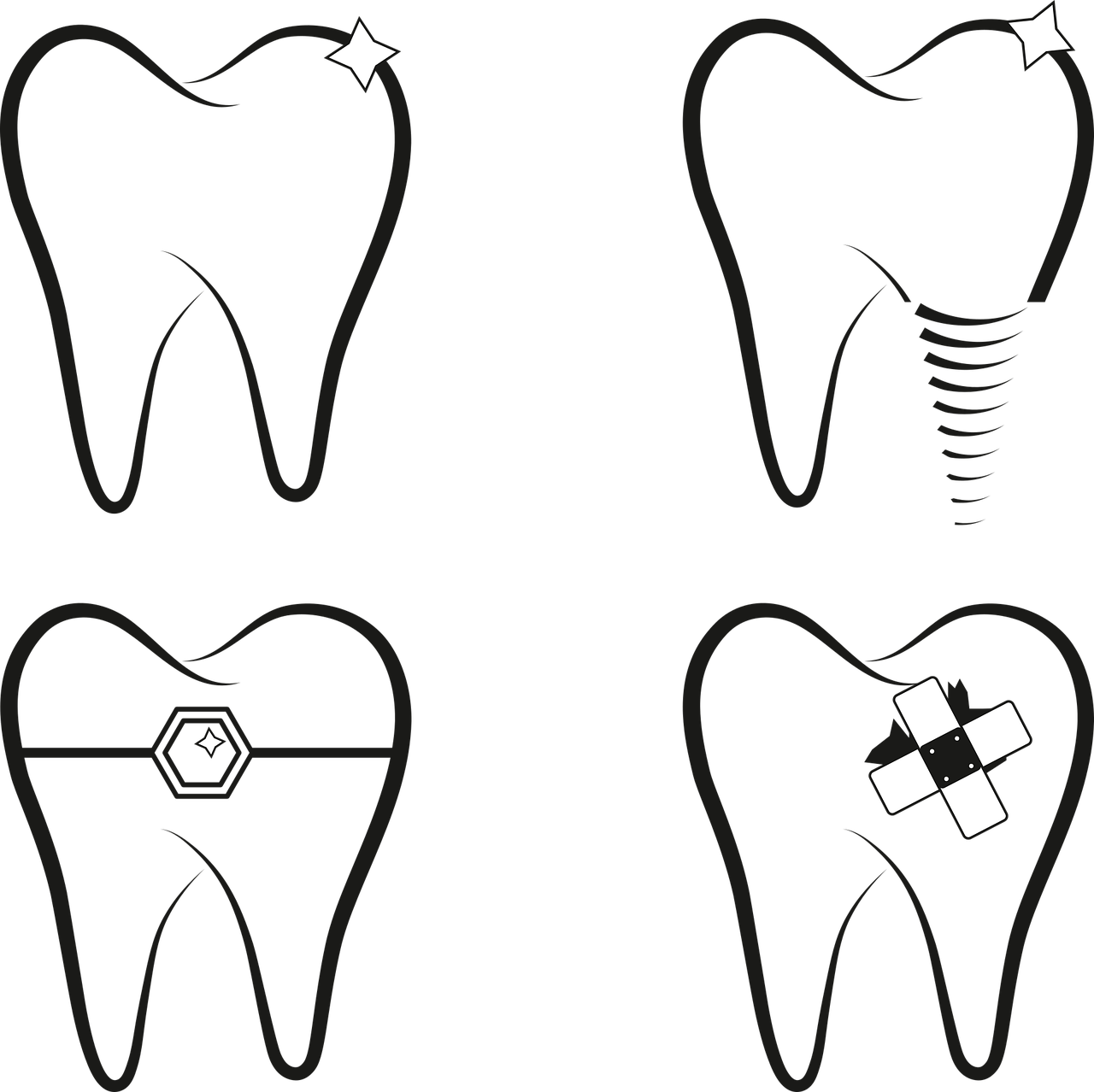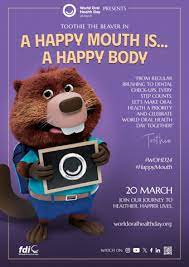Everyone wants to have healthy teeth and gums for a radiant smile, fresh breath, and an increase in self-confidence. However, did you notice that approximately 50% of adults currently suffer from or have bad breath? One of the most frequent dental issues is also one of the easiest to resolve. Let’s have a look in 5 common dental problems.
- Tooth decay/cavity
Cavities are little holes or openings in the hard surface of your teeth that are permanently damaged. Cavities, also known as tooth decay or caries, are brought on by a number of things, including oral bacteria, frequent eating, consuming sugary drinks, and insufficient tooth cleaning. One of the most prevalent health issues globally is dental decay, which includes cavities. Plaque, a substance formed by bacteria on the surface of teeth, is what causes tooth decay. The bacteria convert the carbohydrates in meals into acids. The enamel, or outer covering, of the tooth is destroyed and permanently damaged by the acids. The weaker dentin layer below the enamel is next to be affected by the acids.
- Bleeding gums
The accumulation of plaque at the gum line is the primary cause of bleeding gums. Inflamed gums, often known as gingivitis, will occur from this. Tartar will form if plaque is not eliminated. Increased bleeding and periodontitis, a more extreme form of the gum and jaw bone disease, will result from this. The mild and early stage of gum or periodontal disease is known as gingivitis. The plaque accumulation that results in it is a bacterial infection. Gums that are red, swollen, and easily bleed are common symptoms. Additionally, you can have foul breath and painfully sensitive teeth when you chew.
When the enamel wears away and the dentin becomes visible, your teeth become sensitive to hot and cold foods and beverages. Tubes in the dentin connect to the nerve located farther inside the tooth. Things that are hot or cold can flow through the tubes to the nerve and produce intense pain. Tooth decay can develop in dentin hypersensitivity, sometimes referred to as tooth sensitivity. Brush your teeth twice a day with a soft-bristled toothbrush and fluoride toothpaste, and floss every day to prevent sensitive teeth from coming back. Instead of scrubbing harshly or forcefully, use soft motions, and stay away from abrasive toothpaste. Consult your dentist about a mouth guard if you grind your teeth. Teeth can break and become sensitive as a result of grinding.
- Bad breath/ Halitosis
Halitosis, also known as bad breath, is one of the most prevalent dental issues. It’s also one of the most painful. The kinds of foods you eat and other poor lifestyle choices can also aggravate bad breath. Halitosis can be prevented and treated, both at home and with the assistance of your dentist or physician.
The following typical foods can also contribute to bad breath:
- Pastrami with cheese
- Certain spices
- soda
- Alcohol
- Onion and garlic
- Tooth ache/ tooth pain
Tooth pain is challenging to ignore, whether it is sudden and acute or chronic and persistent.
When the nerve in the tooth’s root or the area around it becomes irritated, it causes a toothache or tooth pain. The most frequent causes of dental discomfort are tooth infection, tooth decay, accident, or tooth loss. Also possible is pain after an extraction. Sometimes pain extends to the jaw from other places and appears to be coming from a tooth. The jaw joint, ear and sinuses are among the most common areas. Tooth pain is the most common dental problem for which patients visit dentist.
Conclusion
Timely intervention to these 5 common dental problems can help to save tooth from extraction and maintain beautiful and confident smile. Most of the patients visit dentist only in case of teeth sensitivity or tooth pain after trying over the counter medications. It is advisable for everyone to go for regular dental check-ups to prevent dental decay and take suitable preventive step to control if any sign is visible.


